Ukrainian poet and writer Ivan Franko is regarded as both a friend of Jewish people and an anti-semite. Let’s try to see how that’s possible, and attempt to analyze the complicated relationship between the Ukraine and Israel.
It happened in February 1893. After the seminar of Prof. Jagitsch we went to Cafe Zentral, where we were supposed to be met by Dr. Monat, Franko’s school friend from the gymnasium in Drohobytch. Instead of him at our table was Prof. Samueal Krauss, who was the secretary of ‘Israelische Alliance’ as well as publisher and editor of monthly ‘Am Urquell’. Having known him for about a month, we could have joined him at his table, if it wasn’t for a stranger he was sitting with. That’s why we greeted him and took another table.
– Come, join us, gentlemen! – said Dr. Krauss and introduced his companion. This was Theodor Herzl.
– I am happy to have a chance to meet you, – said Herzl to Franko. – Because my colleague has mentioned you to me for several times already. Not even has he mentioned – he told me so many things about you, that meeting you became my biggest desire.
– I really liked your idea of building a Jewish state – said Franko. I was especially interested in it, because it appears to be so close to our Ukrainian idea of establishing an Ukrainian state. But can any of them be realized?
– Why shouldn’t they be? – replied Herzl, – everything in the world is possible, whatever a human mind can visualize.
– A clever mind! – added Franko.
– Of course, a clever mind is the only one which people who would like to be considered as clever can talk about – continued Herzl. – Born from a silly or an unreasonable mind, even the most beautiful idea can only then be implemented when it wins the hearts of the masses, giving birth to its own defenders, even those ready for martyrdom. If we managed to escape Egypt and return to the Palestine thanks to Moses, why shouldn’t it be possible today?
– Back then, – argued Franko, – you had Moses and only a single Egypt to escape. And today? We, Ukrainians, have at least three Egypts to escape, and you probably ten times as much, for you are settled all over the world.
– Of course, Moses is not born each day: those like him are being formed by pressure from outside. And this pressure is much stronger for you then it is for us. If you manage to escape this pressure, as we did it, then your nation will start searching for their own Moses, and will probably find him, even though today they would rather stone him. Though, time can turn everything faster.
– Here I can fully agree with you – said Franko shortly and shook Herzl’s hand.
This is how the meeting of Ivan Franko and Theodor Herzl is described by Franko’s biographer Vasyl Tschurat. They were supposed to meet – Viennese or temporarily-Viennese intellectuals, bright representatives of bright national minorities of the great empire, ideologists and dreamers. Franko viewed the Zionist movement together with the Biblical exodus from Egypt almost as a role-model for Ukrainians. This comparison was reflected in his poem ‘Moses’, where almost each word of the prophet sounds equally relevant for Ukrainians and for Hebrews. Franko’s interest towards the Jews was also the interest of a writer, scientist and public activist towards a significant and ‘complicated’ group of population of his region, Galicia. “From cultural, historical and psychological standpoints, Galician Jewry is such a strange entity, that it can’t be understood as a whole either by a person on the outside or by an insider, for each of them sees a different face and acknowledges different values.” – says Franko in his article ‘The Jews that I know’. Franko knew ancient Hebrew and Yiddish, translated the verses of Jewish poets and folk songs, was generally interested in the culture of the Jewish people. It was Franko who wrote a foreword to the Lviv publication of “Der Judenstaat”, the main work of Herzl released couple of years after their encounter. And even though, according to the foreword, Franko doesn’t fully agree with the realism of Herzl’s idea of creating a Jewish state, the need for such measures seemed obvious to him:
“Antisemitism today is a widespread phenomenon; in some countries it’s obvious and loud, in some it’s much quieter, hidden in the village houses. Proverbs and fairy tales are filled with the spirit of antisemitism. The equality of Jews, which only exists on paper, is never realized; the higher position in state hierarchy are always closed for the Jews. Jews are being persecuted – in different ways in different countries, but always systematically. Governments which would try to defend the Jews would become unpopular. The need is oppressing the Jewish people, but this need and these persecutions are uniting the Jews, provoking the feeling of solidarity between them, the feeling of the national oneness.”
It can be said that the last sentence also addresses the Ukrainians, a group again compared to the Jews. An unexpected exception here is the novel ‘Boryslav laughs’, which is also dedicated to the liberation movement. Here, the story is told about the liberation movement of the workers employed at an oil refinery in a town of Boryslav, who organized the first strike in Ukrainian history. The exponents of the strikers are described as greedy Jews, the owners of the refinery who neglect the rights of workers for the sake of the gain. And even though not all Ukrainians are depicted as positive characters in the novel (there are also those who prefer riots and assaults rather then strikes), Jews act exclusively as violent and disgusting exploiters.
Another conflict of Ukrainian and Jewish interests was explored by Franko in the field of history. Studying the works of Jewish historian Nathan Hannover, who described terrible pogroms of 1648-1657 led by Bohdan Khmelnitsky, Franko argued that instead of historical truth, the historian was guided by his own fantasy and was exaggerating the events ‘in a biblical style’.
Can the demonizing of Jewish employers in Boryslav or denying the pogroms of Khmelnitsky be considered as antisemitism? In his article ‘The Jews that I know’ Franko anticipates such questions and provides the reader with an answer:
“…in my stories and poems I was using Jewish characters and introducing Jewish ‘tunes’ too often. For this I was accused of antisemitism by some Jews and of philo-semitism by some of my compatriots. The only thing I can reply to such accusations, that I have only depicted what I have seen in the way I have understood it, and in each Jew, as well as in each Ukrainian, Pole or Gypsy I visualized in my works I have always tried to see a person and nothing but a person.”







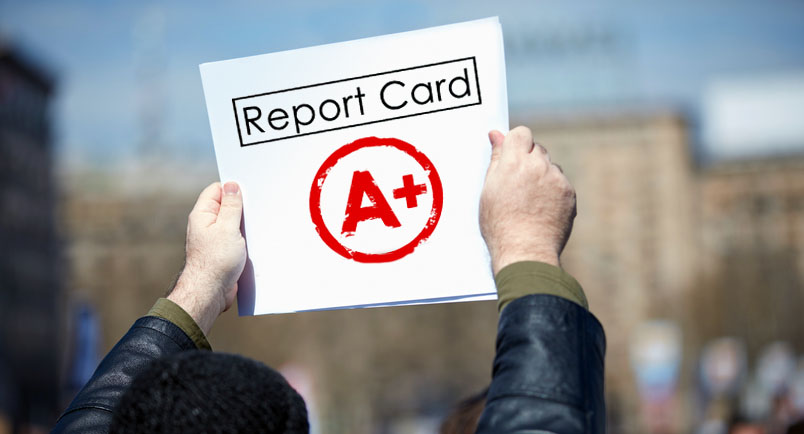
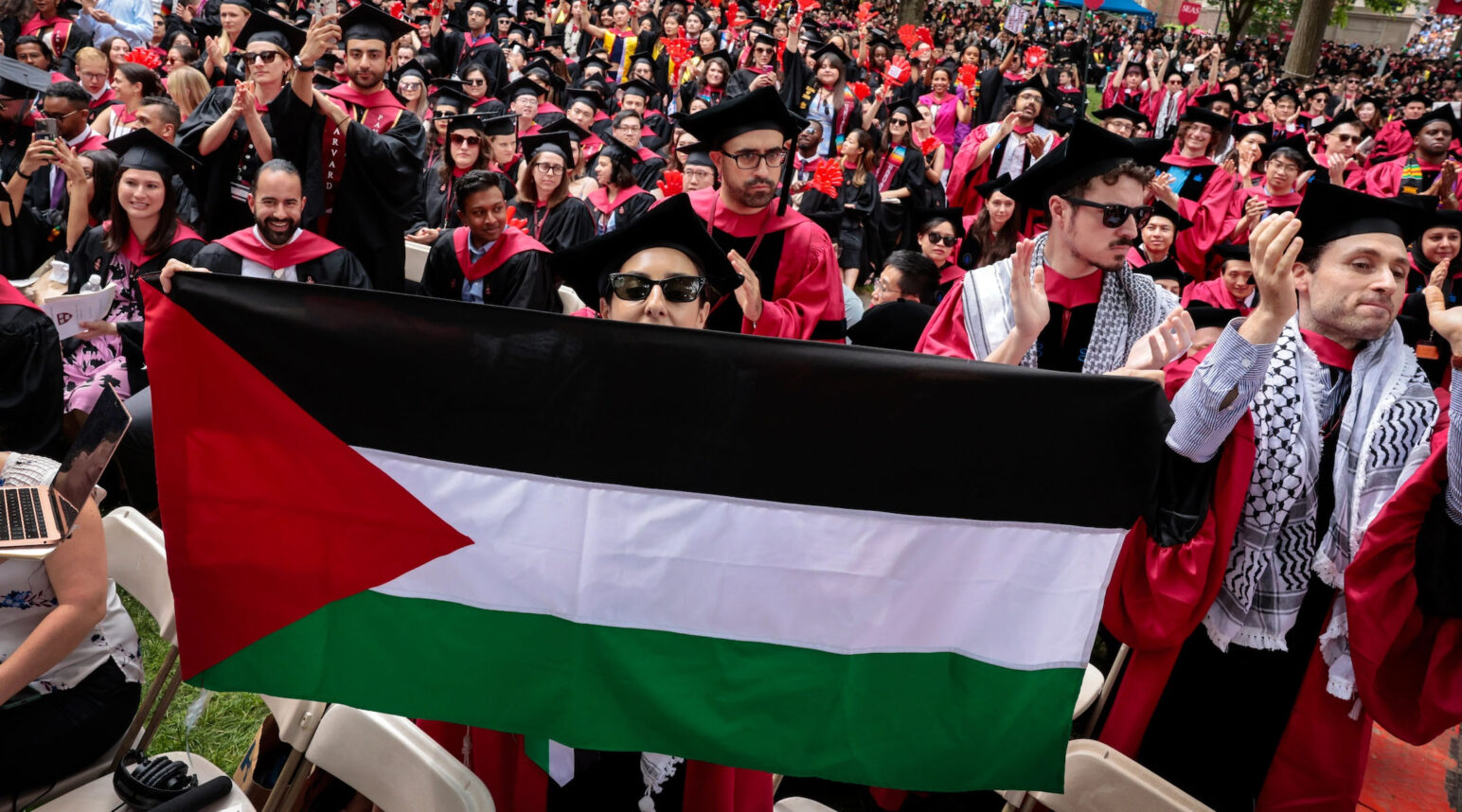
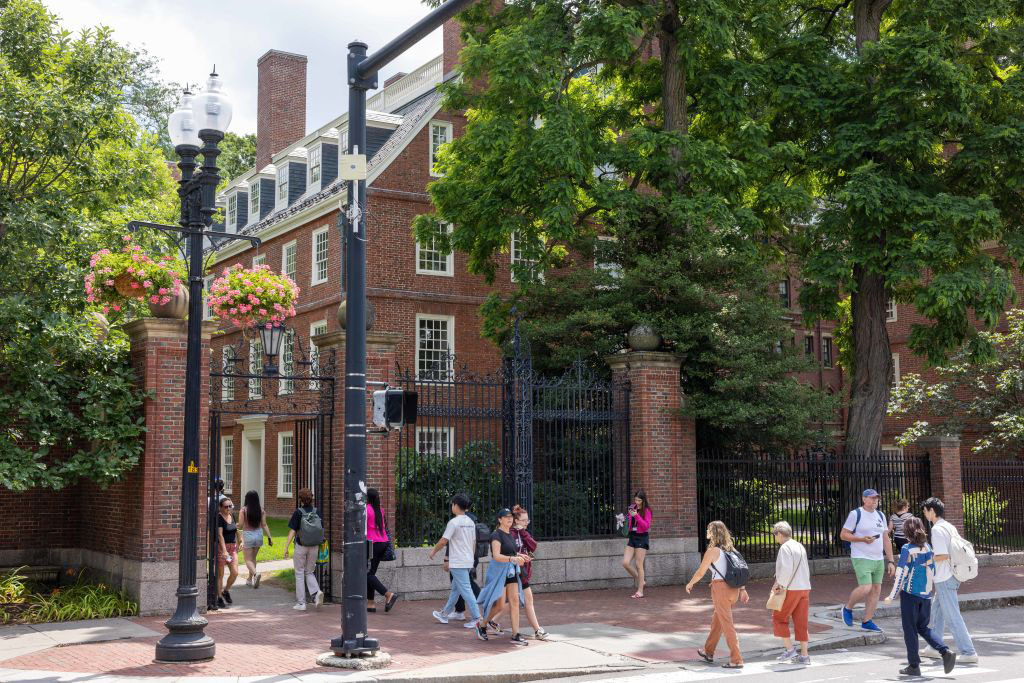
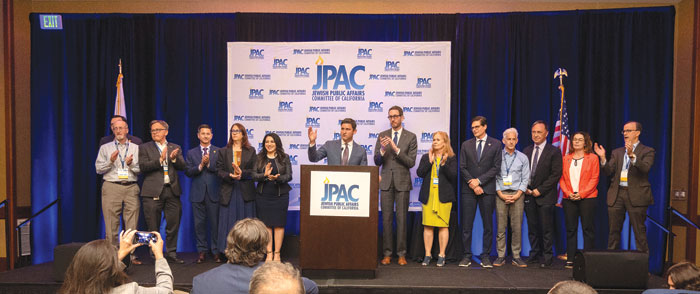
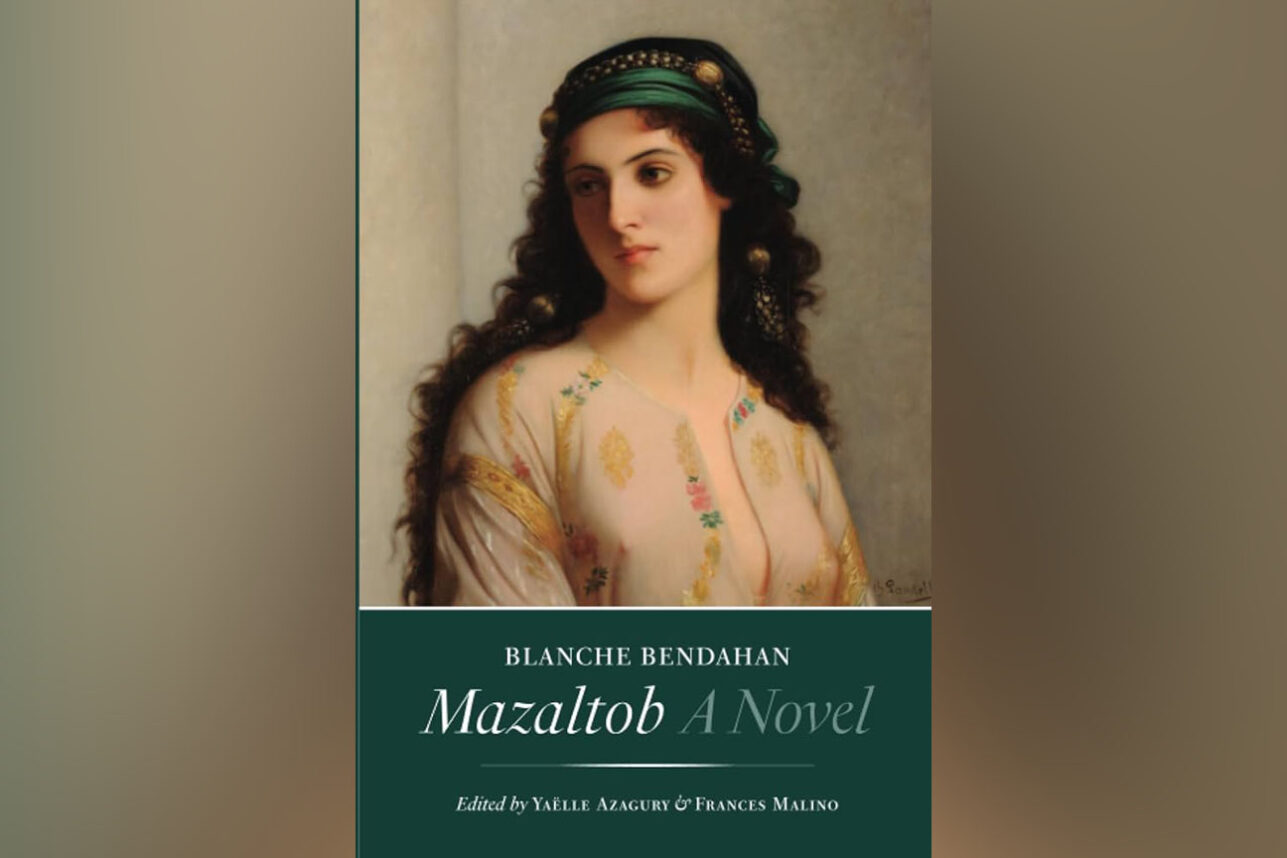
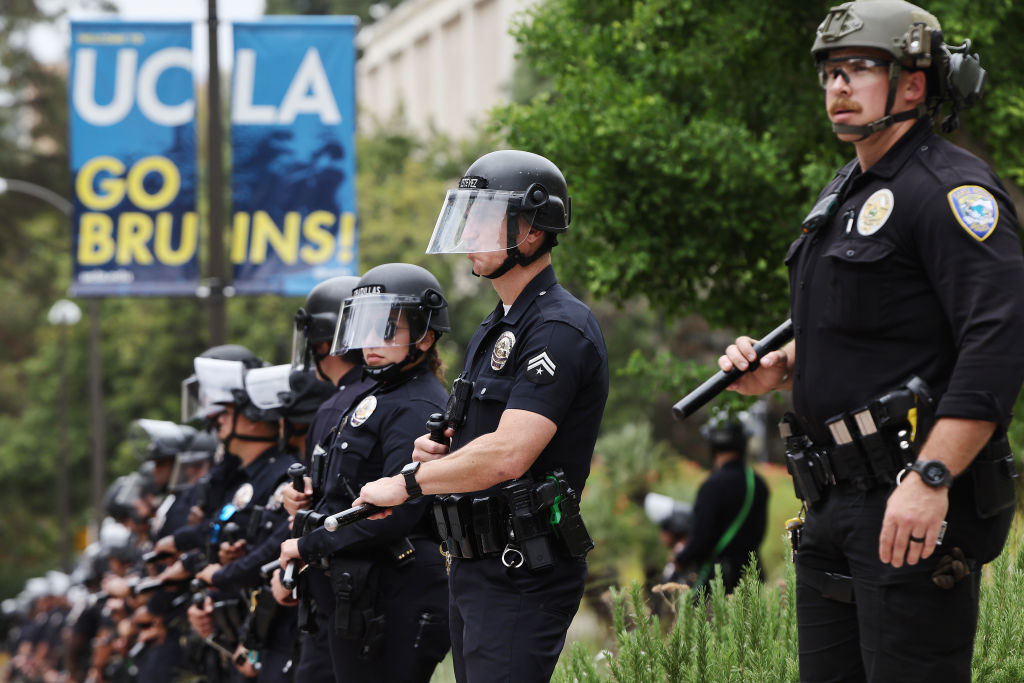


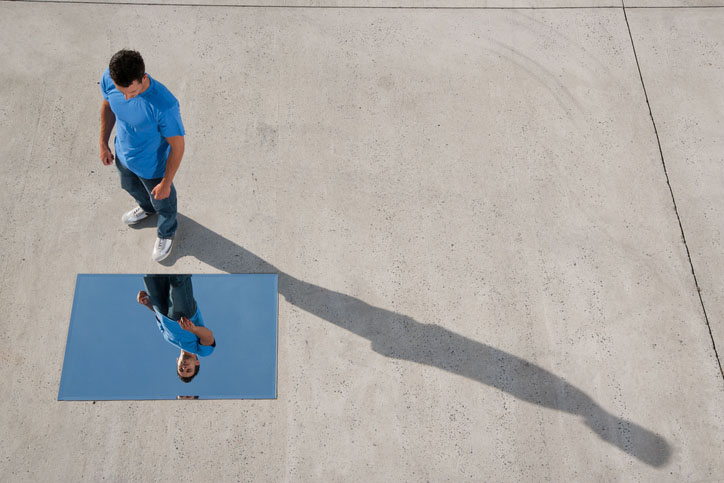





 More news and opinions than at a Shabbat dinner, right in your inbox.
More news and opinions than at a Shabbat dinner, right in your inbox.